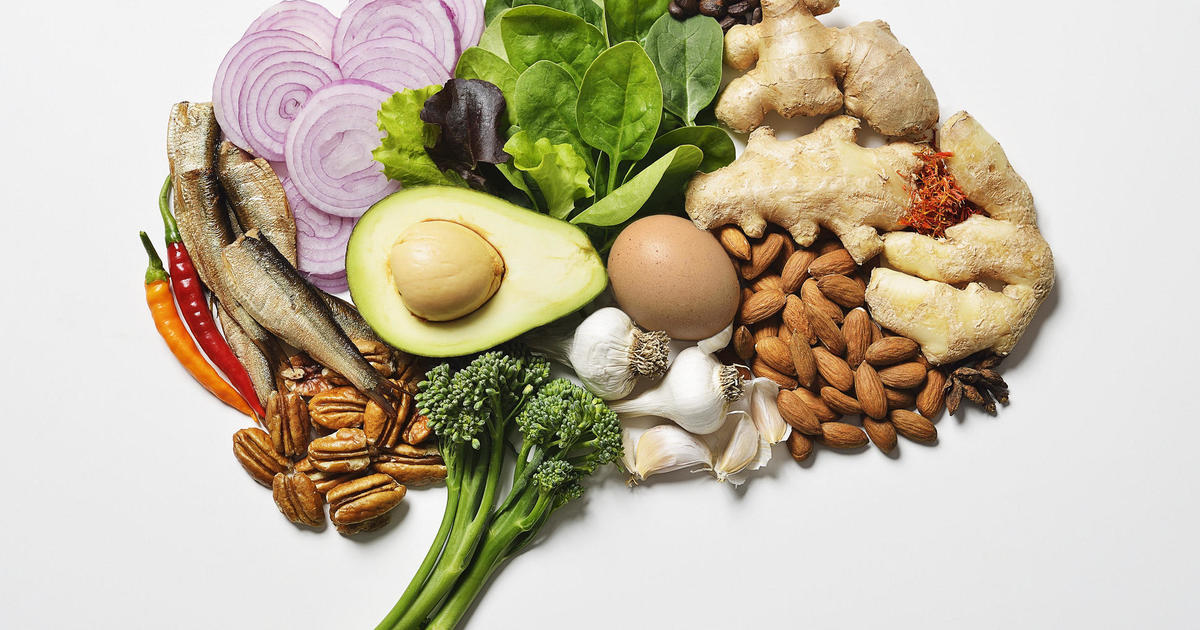The intricate relationship between our gut and brain, often referred to as the gut-brain axis, is a rapidly expanding area of scientific research. This connection, hinted at centuries ago by Hippocrates, is now understood to be profound and multifaceted, influencing both our physical and mental well-being. Emerging evidence reveals that the gut and brain develop from the same embryonic cells, establishing a fundamental link from the earliest stages of life. This connection is further maintained and strengthened throughout life through the constant communication facilitated by the vagus nerve, a crucial pathway that acts like a continuous two-way messaging system, relaying chemical signals between the brain and the gut. Understanding this complex interplay is key to unlocking strategies for optimizing both physical and mental health, a goal increasingly achieved through targeted dietary interventions. The food we consume profoundly impacts this delicate communication, highlighting the vital role of nutrition in overall wellness.
The Gut-Brain Connection: A Two-Way Street
The Role of the Vagus Nerve
The vagus nerve, the tenth cranial nerve, acts as a vital communication conduit between the brain and the gut. This bi-directional pathway continuously transmits chemical signals, influencing our mood, cognitive function, and even our immune response. A healthy gut microbiota, fostered by a nutritious diet, positively influences these signals, promoting overall well-being. Conversely, an unhealthy gut, often linked to processed food consumption, can disrupt this delicate balance, potentially leading to negative impacts on mental and physical health. The vagus nerve essentially acts as the central highway connecting our thoughts and emotions with the functions and processes occurring in our gastrointestinal tract. Understanding this complex connection is vital for holistic healthcare.
The Impact of Gut Microbiota
The trillions of microorganisms residing in our gut, collectively known as the gut microbiota, play a pivotal role in the gut-brain axis. This complex community of bacteria, fungi, and other microbes influences not only digestion but also neurotransmitter production, immune function, and even the synthesis of essential vitamins. A diverse and balanced gut microbiota is crucial for optimal communication between the gut and brain. Diets rich in processed foods, sugar, and unhealthy fats can disrupt this delicate balance, leading to an overgrowth of harmful bacteria and a reduction in beneficial microbes. This imbalance, known as dysbiosis, has been linked to various physical and mental health issues, highlighting the importance of cultivating a thriving gut ecosystem. The composition of the microbiota isn’t static; it constantly evolves based on the diet consumed, reinforcing the link between diet and well-being.
Diet’s Impact on Gut Health and Mental Well-being
The Power of Fiber
Dietary fiber, often overlooked, is a crucial component of a healthy gut. This indigestible carbohydrate acts as a prebiotic, fueling the growth of beneficial bacteria. Fiber-rich foods, abundant in fruits, vegetables, beans, nuts, seeds, and legumes, provide the essential nutrients required for a flourishing gut microbiome. Incorporating these food groups into one’s daily intake supports the positive communication between the gut and brain, promoting a more positive outlook. Conversely, diets lacking in fiber can lead to an imbalance in gut bacteria, potentially impacting mood and mental well-being. Therefore, prioritizing fiber-rich foods is not merely important for digestion; it’s an essential step toward nurturing a healthy gut-brain connection. The emphasis should always be on whole, unprocessed foods rich in nutrients.
The Mediterranean and Plant-Rich Diets
The Mediterranean diet, characterized by its abundance of fruits, vegetables, whole grains, legumes, nuts, seeds, and healthy fats, provides an excellent framework for supporting gut health and mental well-being. This dietary pattern emphasizes nutrient-rich foods, promoting the growth of beneficial gut bacteria. Similarly, plant-rich diets that prioritize whole, unprocessed plant foods also contribute to a healthy gut microbiome. These diets naturally supply sufficient amounts of essential nutrients that influence both the physical and the psychological processes. Limiting the intake of processed food, fast food and saturated fat is equally essential as eating healthy foods. By reducing the inflammatory processes within the body these diets helps improve overall health, which translates to significant improvement in mood and mental functions.
Strategies for Optimizing Your Gut-Brain Connection
Choosing Whole Foods
Opting for whole, unprocessed foods over processed alternatives is essential for a healthy gut-brain axis. Processed foods often contain added sugars, unhealthy fats, and artificial ingredients that can disrupt the delicate balance of the gut microbiota. Choosing whole foods rich in fiber, vitamins, and minerals, such as whole fruits, vegetables, whole grains, and lean protein sources helps support a diverse and flourishing gut microbiome. This mindful approach to food choices improves not only the health of your gut, but it also improves its communication with your brain, potentially leading to improved mental and emotional well-being. The benefit goes further than solely focusing on the nutrients intake; it incorporates better living habits that contribute to overall wellbeing.
Minimizing Processed Foods
Reducing consumption of processed foods is crucial for a healthy gut and consequently better mental and physical wellbeing. Processed foods, often high in saturated and trans fats, added sugars, salt, and unhealthy additives, significantly disrupt the delicate gut ecosystem, contributing to inflammation. Processed food intake also usually goes hand in hand with unhealthy lifestyle patterns. Avoiding this is very important in achieving lasting improvements in wellbeing. By actively reducing these foods and swapping them with wholesome, less processed food will result in noticeable positive change. These food substitutes promote an optimally functioning gut and a smoother signal exchange between the brain and gut which are integral components to better overall wellbeing.
Take Away Points:
- The gut-brain axis is a crucial bidirectional communication pathway influencing both physical and mental health.
- Dietary fiber is essential for nurturing a healthy gut microbiota, promoting a balanced gut-brain connection.
- The Mediterranean and plant-rich diets provide excellent frameworks for supporting gut health and mental well-being.
- Choosing whole, unprocessed foods and minimizing processed food consumption is vital for optimal gut-brain communication.




